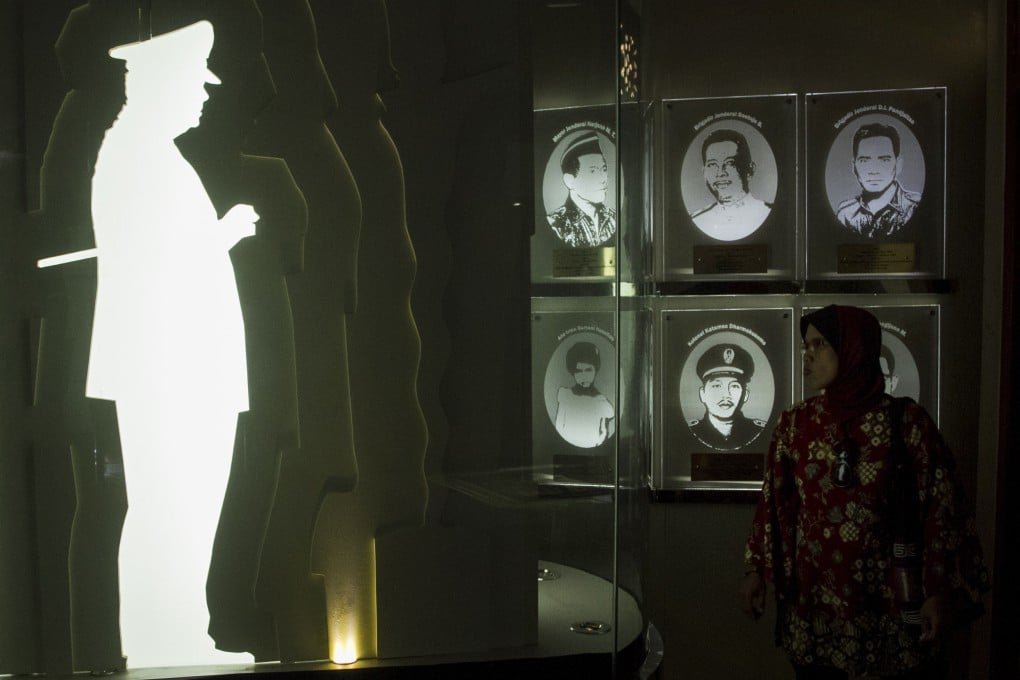Advertisement
Explainer | Why fears of communism, anti-China sentiment are a potent mix in Indonesia
- A communist bogeyman looms large in the minds of the public in both the Philippines and Indonesia, fuelled by fears over China’s growing influence
- This fear is being manipulated for political gain, experts warn
Reading Time:5 minutes
Why you can trust SCMP

The spectre of communism still looms large in two of Southeast Asia’s most vibrant democracies. In the Philippines, the army is keen to use a new anti-terror law to end Asia’s longest running insurgency by labelling communists as terrorists.
Advertisement
In Indonesia, where the Communist Party of Indonesia (PKI) has been outlawed, fears of communism have recently resurfaced due to mudslinging by semi-anonymous online trolls and Islamic hardliners.
They have alleged that a bill proposed by the Indonesian Democratic Party of Struggle (PDI-P) – the largest political party in the Indonesian parliament and which backs President Joko Widodo – to establish guidelines for practising the country’s state ideology Pancasila will encourage communism.
Pancasila stresses values such as national unity, social justice and the right to religious diversity under a secular system of government.
Rumours of Widodo, popularly known as Jokowi, being a communist as he is friendly with China, have also resurfaced on social media. Analysts say these rumours are meant to discredit him given the deep distrust of communism in Indonesia.
Advertisement
At the same time, more hoaxes are surfacing on Indonesian social media, reflecting growing anti-China sentiment that is fuelled by fears over the country’s economic influence in terms of its imports and workers entering Indonesia, and questions over Beijing’s treatment of Muslim Uygurs in Xinjiang. There is also unhappiness that Chinese fishing fleets are entering Indonesian waters around the Natuna Islands.

Advertisement